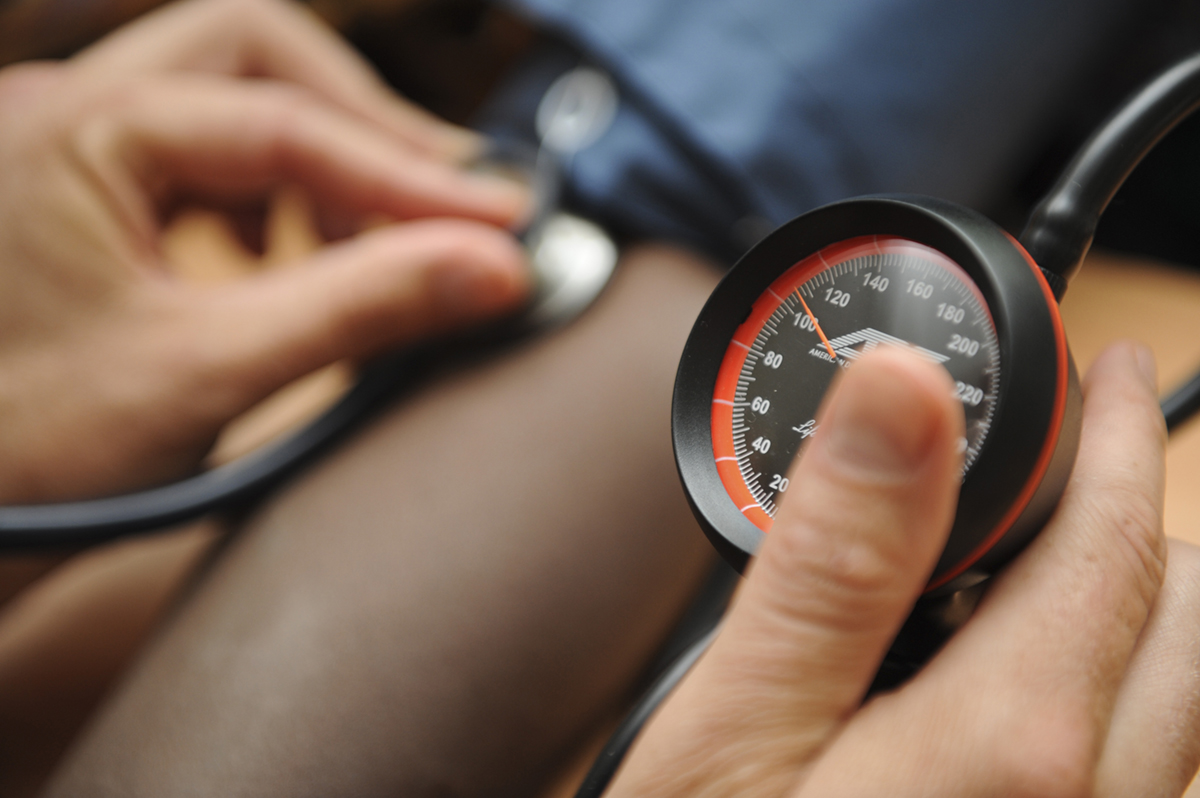
Introduction
This article deals with high blood pressure that occurs during pregnancy. High blood pressure is in fact a pressure of blood in arteries, and medical staff that use cuff that is put around your upper arm to measure it. The medical expression for high blood pressure is hypertension.
Hypertension in pregnancy
Three types of high blood pressure can develop in a pregnant woman:
The first type of high blood pressure is called chronic hypertension, and it may appear even before a woman has become pregnant, though she has been unaware of its existence. Gestational hypertension is a type that appears at the end of pregnancy. Later on, after giving a birth to a baby, it is no longer present. Pregnancy-Induced Hypertension (PIH) is a type of high blood pressure that can cause serious problems to a mother and a baby. This type usually appears after the 20th week of pregnancy, and it is also called Toxemia and Preeclampsia.Problems due to high blood pressure
If a mother has chronic hypertension, baby may grow slower than it is normal and because of that, baby may not be developed as it is supposed to be. According to medicine, gestational hypertension cannot cause serious problems to you and the baby, but you might be more predisposed to high blood pressure later on in life. Over time, it can become PIH, which is far more serious and which has severe signs such as headaches, blurred vision, abdominal pains and dizziness. It also affects the baby in a way that it reduces the speed of its growth, causing premature delivery.
Treatment of high blood pressure during pregnancy
Pregnant women must be extra careful during pregnancy, and they should not take any medicine that is not safe for the baby. If you are not sure about the medicine, please consult your doctor. In a case of chronic hypertension, women can continue taking the medicine from earlier, paying attention to whether it is safe for the baby. Doctors usually do more ultrasounds in these cases, to make sure that the baby is progressing well. Gestational hypertension does not require any treatment, but just in case of PIH development, the doctor will monitor woman’s condition more closely. PIH can only be stopped after the delivery, and the state of a woman and a baby decide on the treatment.
In case of chronic hypertension, after a delivery high blood pressure will stay high, unless treated. It is important for a woman to treat it so that she would not have any problems later on. Gestational hypertension and PIH pressure return to normal after a delivery.




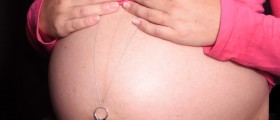



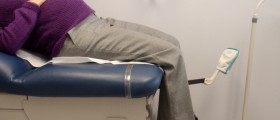

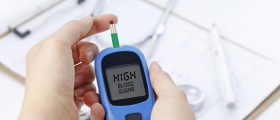


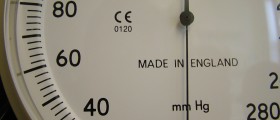



Your thoughts on this
Loading...